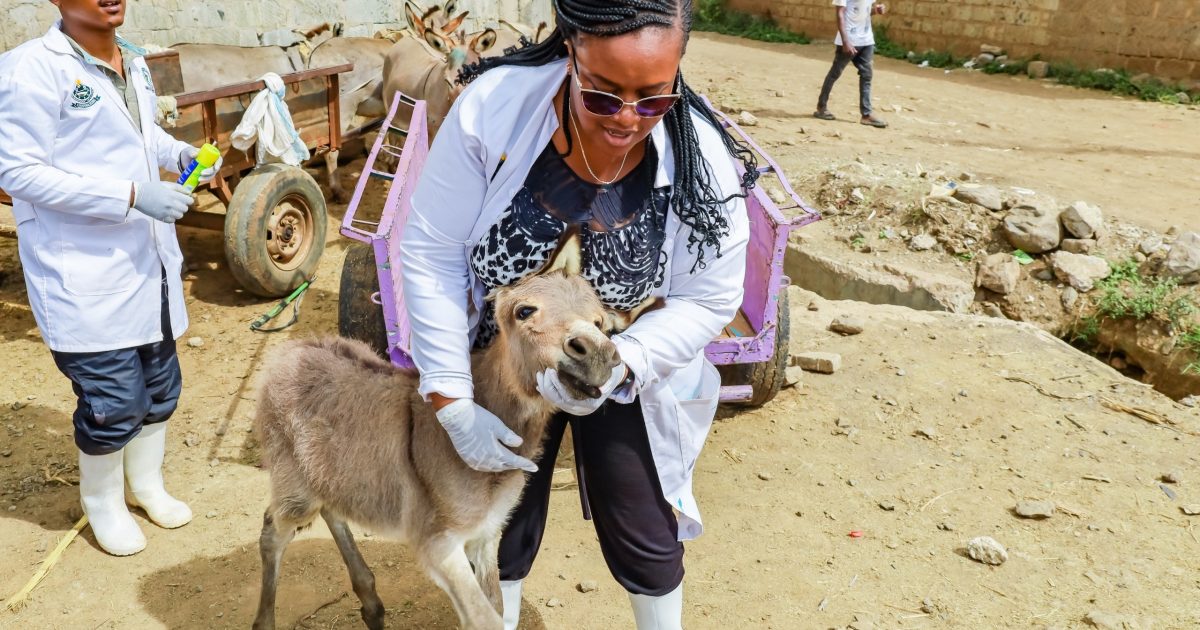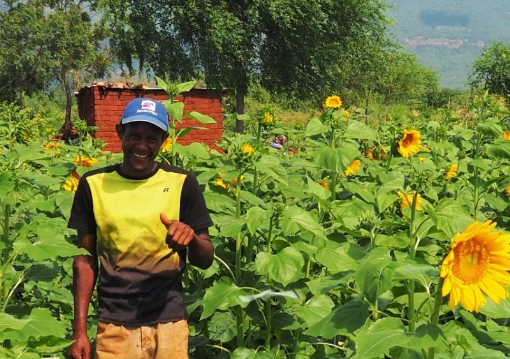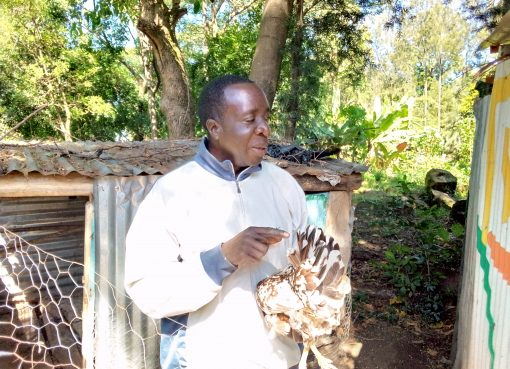Kirinyaga county government has vaccinated over 2,000 donkeys in a week-long exercise following a rabies outbreak in the area.
The exercise, led by the Department of Agriculture, Livestock, Veterinary, and Fisheries, focused on high-risk areas to prevent further spread of the disease.
This follows an incident two weeks ago, where a rabid donkey bit several animals and people, raising alarm among the residents.
In Mwea alone, 1,500 donkeys received the rabies jab with Dr. Catherine Malonzi, the County Director of Livestock, noting that the vaccination drive was initiated in response to farmers’ concerns and will now be conducted annually as part of a broader disease control strategy.
“We have been facing frequent rabies outbreaks in different areas and to curb this, we have developed a routine vaccination program to protect donkeys and prevent the spread of the disease,” Dr. Malonzi said, adding that donkeys play a crucial role in the Kirinyaga’s transport sector, especially for small-scale farmers who rely on the beast of burden to ferry their produce.
She added that veterinary teams will move across all parts of Kirinyaga to ensure donkeys receive the vaccine till the disease is brought under control.
Farmers who had their donkeys vaccinated appreciated the county government’s efforts before the disease spread further.
“The county government listened to our concerns and acted swiftly. The vaccination is being provided for free, and this has helped us a lot. Without it, donkeys can go mad, attack people, and even kill,” said Mary Muthee, a farmer from Ndorome.
Muthee also raised concerns over the rising cases of donkey theft for illegal slaughter, warning that if the trend continues, it could cripple the farmers’ livelihoods.
Another resident and donkey owner, Peter Murimi, also praised the county’s efforts and thanked Governor Anne Waiguru for prioritizing their welfare.
“In all my years of life, I have never seen the government organize such a massive vaccination drive for donkeys. Rabies has been a major challenge for us, so I sincerely thank the county government for stepping in and I hope this support will be sustained,” Murimi said.
Apart from rabies, donkeys in the county are also vulnerable to diseases such as anthrax and tetanus, which pose a serious threat to their health and productivity.
Meanwhile, the county government has urged all donkey owners to take advantage of the free vaccination program and report any suspected cases of rabies immediately.
At the same time, veterinary officers will continue monitoring the situation to ensure effective disease control and protect both animals and humans from any possible future outbreaks.
By David Wandeto





